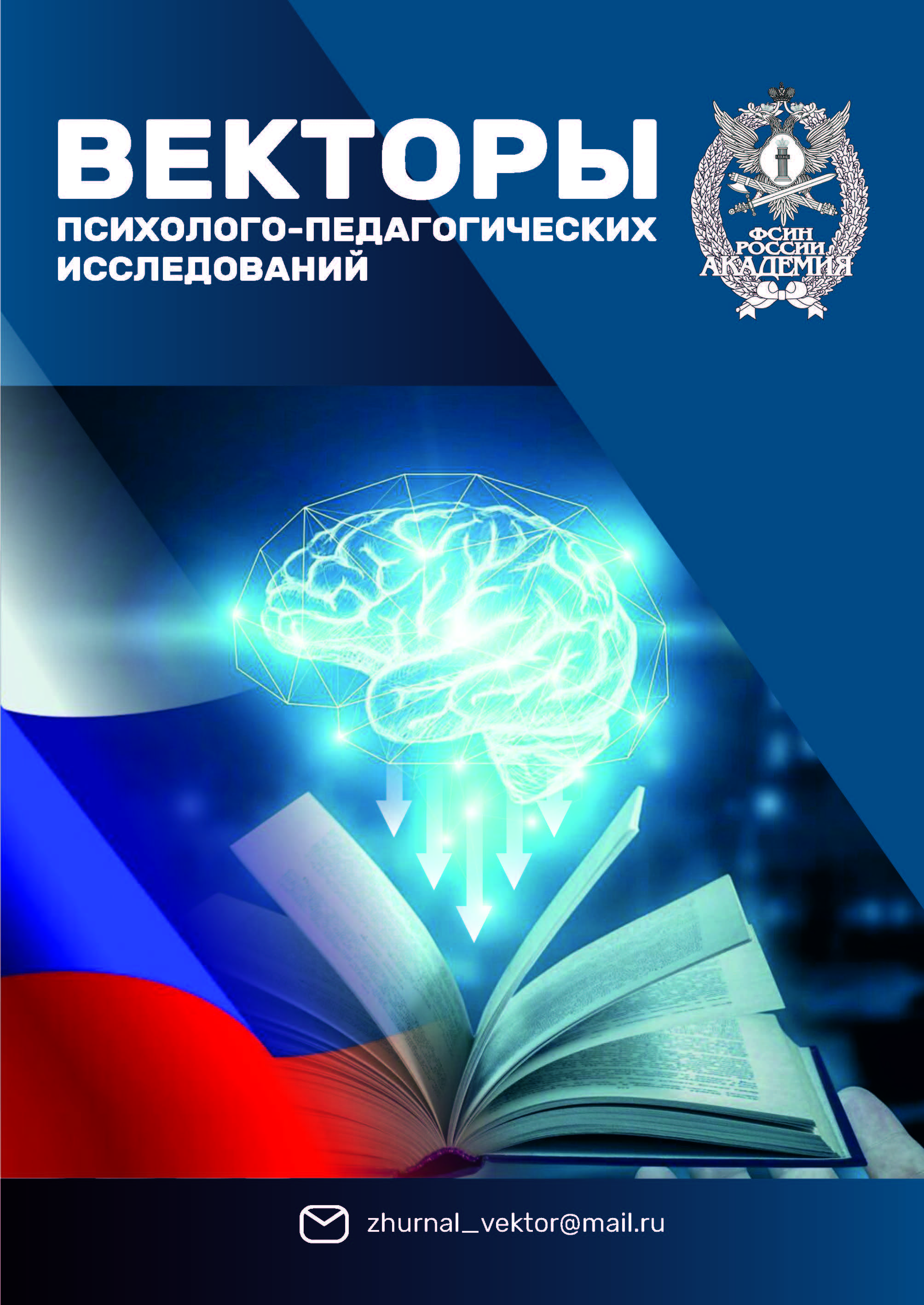The article presents an overview of the organization of Chinese psychological science. Some communities involved in research in the field of psychology are listed. The Chinese Psychological Association is a public academic organization consisting of psychologists from the People's Republic of China. Institute of Psychology of the Chinese Academy of Sciences conducts promising fundamental and applied research. The review of the system of organization of publications of psychological research is considered. The collection and processing of scientific data on publications takes place in the CNKI scientometric system. The analysis of journals that publish scientific achievements in this field is given. The latest published studies are reviewed. The conclusion notes that modern Chinese psychology is still not so widely studied and widespread outside of China, especially in Russia.
China, Chinese psychology, Chinese Psychological Society, Institute of Psychology of China, research review
1. Yunsheng, Ju. & Matveev, M. O. 2022, ‘Review of the history of Chinese psychology’,Bulletin of the Moscow University. Series 14. Psychology, iss. 2, pp. 3–31.
2. Yu, Hui 2024, From the point of view of psychology, I will tell you about the self-improvement of the class teacher, iss. 4, pp. 41–42.
3. Wu, Zhen, LI, Jie & Lu, Chi 2008, Development of the specialty "Applied psychology": problems and counteraction measures – on the example of Tianjin University of Technology and Education, iss. 18, pp. 52–56.
4. Wu, Fan 2008, A brief report on cross-cultural psychology and localization of psychology, iss. 8, pp. 82–83.
5. Xue, Fei 2022, A study of the management system of criminal psychological correction based on PDCA, viewed 24 March 2024, https://cnki.net/KCMS/detail/detail.aspx?dbcode=CM FD&dbname=CMFD202301&filename=1023431611.nh&uniplatform=OVERSEA&v=adzEjV-ht 8AcZK4AO5NIlEZ2id2pJdkRLedJRf8eU5mQy2KhpzHiD4Z72CxDYuy2.
6. Tzu-Yun & Qian, Xiao-Li 2008, Construction of University psychological laboratories: problems and counteraction measures, iss. 12, pp. 87–89.
7. Hou, Hanchao, Ni, Shiguang, Lin, Shuya & Wang, Pusheng 2024, When AI learns empathy: topics, scenarios, and optimization of empathy calculations from the point of view of psychology, iss. 32, pp. 845–858.
8. Ja, Saale 2024, Strategies for the development of college students' ability to self-government based on positive psychology, iss. 10, pp. 105–108.
9. Zheng, Ting, Ma, Chao & Qiao Cincy 2024, The study and practice of the five-in-one learning system for undergraduate students in applied psychology, iss. 34, pp. 47–52.
10. Fang, Xin 2014, Application of the technology of forensic psychological testing in the investigation of complex cases.
11. Sliva, Koryo, Wang, Kai, Li, Dandan 2024, The use of social robots in children with autism spectrum disorder, iss. 32, pp. 834–844.
12. Wang, Li 2022, The influence of cognitive load on the individual responses in tests for criminal minds, viewed 24 March 2024, https://cnki.net/KCMS/detail/detail.aspx?dbcode=CMF D&dbname=CMFD202202&filename=1022547836.nh&uniplatform=OVERSEA&v=DAFRnNR ShHm9rDDLgvG8_mUawphoXHUugF4ddtm7ql9IvbPFEs8s0bJf0Ut47aNJ.
13. Van, Yilin, Lou, Saava, Wu, Suntze, Whether, Hogan, Zhang, Lin 2024, The process of cross-channel integration in the assessment of facial attractiveness, iss. 32, pp. 790–799.








